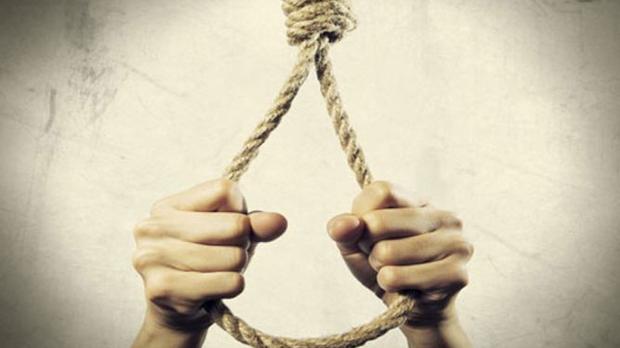This post has already been read 1937 times!
In recent times, there has been a rise in suicides associated with poisoning with pesticides generally and Sniper, in particular, rat poison, and other objects such as rope by a number of depressed persons.
Among the pesticides in Nigeria approved by the National Agency for Food and Drug Administration and Control (NAFDAC), Sniper seems to have been the most popular.
The NAFDAC in an effort to curb the rising cases of misuse of pesticides for suicide released a statement restricting the easy access to the most popular small pack sizes (100ml) of Sniper and other DDVP brands (DDForce, Gladiator, Executor, Tankill, Smash Super liquid, Glovan, Philopest, Wonder liquid, RifOff, Nopest, SUMODDVP, and others) from supermarkets.
Director-General of NAFDAC, Prof. Christianah Mojisola Adeyeye, told journalists that these products are misused as a household insecticide and direct misapplication on agricultural produce. Adeyeye said the abuse and misuse of the 100ml of these products are associated with serious public health hazards such as cancer and respiratory disorder.
Sniper and other brands of Dichlorvos formulations are agricultural insecticides, registered for use as Crop Protection Product (CPP) only. The availability of these products in small retail pack sizes of 100ml and their sales in open markets and supermarkets have made the product readily available for abuse and misuse as a household insect repellant, as an agent to control insect infestation in agricultural food and a tool for suicide in the country.
However, medical experts have identified depression and mental disorders as the natural causes of suicide and not just the consumption of pesticides or rat poisons.
Consultant Psychiatrist, Lagos University Teaching Hospital (LUTH) Idi-Araba, Dr. Emeka Ogbolu, attributed the rising mental health cases and suicides to the misconception and misunderstandings of the condition.
He said that a lot of people do not have the right information about what depression is and other mental health issues are in regards to symptoms and treatment.
Studies have shown that willful self-poisoning has become an increasingly common response to emotional distress and depression, especially among young adults.
Some medical experts have argued that a call to ban Sniper and other brands of Dichlorvos is not an effective solution to suicide. They opined that people would find other means for suicide, like hanging, jumping off bridges and taking in other poisonous substances.
They said a ban on Sniper and other brands of Dichlorvos will only score cheap points, but it will not solve the mental health crisis facing the nation.
Dichlorvos has been in use in Nigeria for over five decades as a crop pest management tool that has tremendously contributed to the increased yield and quality of crops until the current wave of misuse against the producers’ recommendation.
Experts say a restriction of this product, especially in small packs, will certainly deny the millions of small farmers the opportunity to use the products and this can have a serious impact on food production in Nigeria.
They advised the Federal Government among other things, to increase the level of education on mental health awareness, set up toll-free lines and counseling centres where those battling depression and other mental health crisis can call or visit for help.
“One of the things we did was to train social media influencers to be able to have the right information because we felt that is something we needed to address. We are also working with the NAFDAC on how we can address it at the issue of depression in childhood,” he said.
The expert noted that SURPIN is also partnering with the University of Lagos to do ‘Campus White Campaign’ so as to create awareness of drug abuse, depression, and suicide
The consultant said that MTN partnered with SURPIN June last month as part of its campaign to focus on mental health.
He continued: “our hotlines continue to be active. Presently we have a presence in 28 states of the country and over 70 mental health professionals. We have four major lines but now we added the Hausa hotline where people can communicate and get help.
“Hopefully, we are going to add Igbo and Yoruba as well. In 2017, we organised training on medico religious collaborative with religious leaders in Lagos and Ile Ife….”
The turnout is impressive. What we did is to use religious leaders as gatekeepers in the community so that they can know how to spot these things because people will come to them before they come to us.
“When they spot it while giving them the spiritual care, they can link them to us and that has been working. What we have been doing is to strengthen collaboration with those we have trained but we are having another training for a larger audience.”
[The Guardian]



